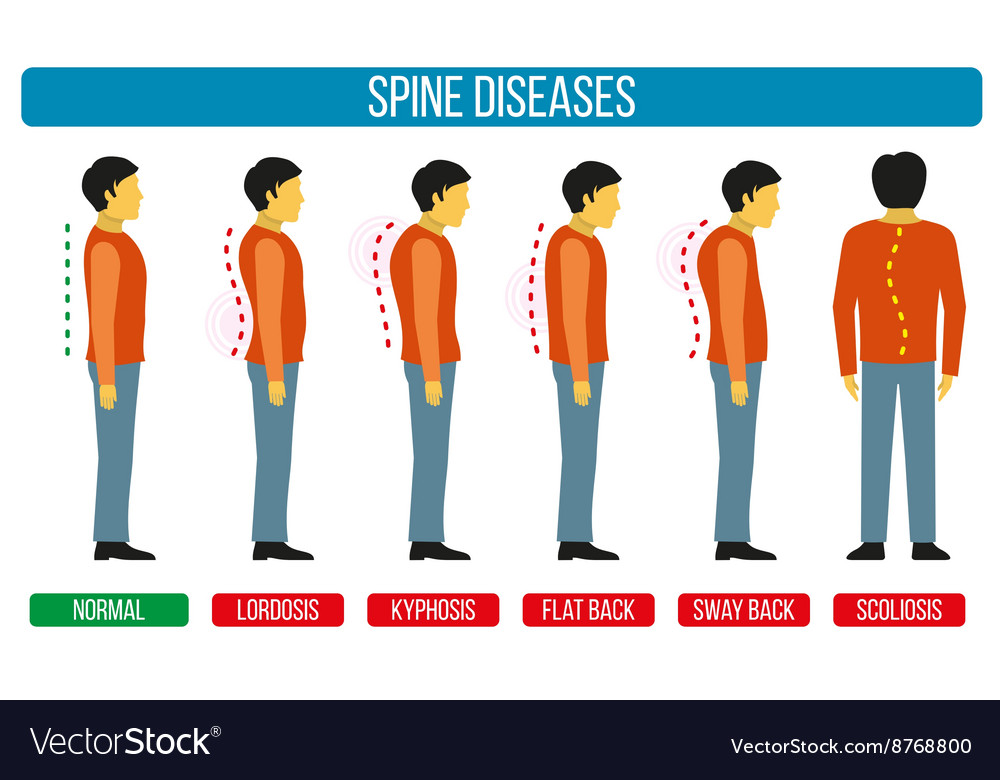Nourish Your Back And Find Exactly How The Foods You Consume Can Either Minimize Or Intensify Your Pain - Learn Which Ones To Choose Wisely
Nourish Your Back And Find Exactly How The Foods You Consume Can Either Minimize Or Intensify Your Pain - Learn Which Ones To Choose Wisely
Blog Article
Material Author-Russo Wheeler
When it comes to managing your pain in the back, the food options you make can significantly influence how you really feel daily. Imagine having the ability to ease your pain simply by adjusting what you eat. By understanding the duty of nutrition in pain in the back management and knowing which foods to include or avoid, you can take positive steps towards a healthier and extra comfy lifestyle. The link in between nourishment and back health is a lot more profound than you might realize-- let's check out how specific foods can either calm or aggravate your back pain.
Importance of Nutrition in Pain In The Back
Nutrition plays a vital duty in managing pain in the back. Your diet regimen can substantially affect swelling degrees and overall pain levels in your back. Eating a well balanced diet plan rich in nutrients like vitamins D and K, calcium, magnesium, and omega-3 fats can help in reducing inflammation and reinforce bones, which are essential for back health.
Furthermore, keeping a healthy weight via proper nutrition can relieve tension on your back, minimizing the risk of pain in the back.
Additionally, certain nutrients like antioxidants found in vegetables and fruits can aid battle oxidative stress and advertise healing in the body, consisting of the back muscular tissues and spine.
On the other hand, eating extreme quantities of refined foods, sweet beverages, and harmful fats can contribute to swelling and weight gain, aggravating pain in the back.
Foods to Consume for Back Health
To support a healthy back, including nutrient-rich foods right into your everyday dishes is crucial. Including mouse click the next page in antioxidants like berries, spinach, and kale can help reduce inflammation in your back, easing discomfort and discomfort. Omega-3 fatty acids discovered in fatty fish such as salmon and mackerel have anti-inflammatory buildings that can benefit your back health.
In addition, eating nuts and seeds like almonds, walnuts, and chia seeds supplies important nutrients like magnesium and vitamin E, which support muscle function and lower oxidative tension. Integrating https://marcohzsld.azzablog.com/31986171/common-misunderstandings-about-chiropractic-care-debunked as hen, turkey, and tofu can help in muscle repair work and maintenance, promoting a solid back.
Don't neglect to consist of milk or fortified plant-based alternatives for calcium to support bone health. Lastly, hydrate with plenty of water to keep your spinal discs hydrated and working ideally. By consisting of these nutrient-dense foods in your diet plan, you can nourish your back and assistance overall back health and wellness.
Foods to Avoid for Pain In The Back
Choose avoiding refined foods high in sugarcoated and trans fats when seeking relief from back pain. These kinds of foods can add to inflammation in the body, which may intensify back pain. Say no to sugary snacks like candy, pastries, and sweet beverages, as well as fast food things like hamburgers, fries, and fried hen that are usually loaded with trans fats.
Furthermore, steer clear of foods containing high degrees of refined carbohydrates, such as white bread, pasta, and pastries, as they can spike blood sugar level degrees and possibly aggravate inflammation in the body.
read full article 's likewise smart to restrict your intake of foods high in saturated fats, like red meat and full-fat milk items, as they can contribute to swelling. Refined foods like deli meats, chips, and packaged snacks are usually high in hydrogenated fats and ought to be eaten in small amounts.
Conclusion
In conclusion, taking notice of your diet regimen and making wise food selections can have a substantial effect on handling back pain. By integrating nutrient-rich foods like berries, fatty fish, nuts, and lean proteins, and avoiding refined and sugary items, you can help reduce inflammation and support overall back wellness. Remember, what you eat plays an important duty in how you feel, so make sure to prioritize your nourishment for a healthier back.
